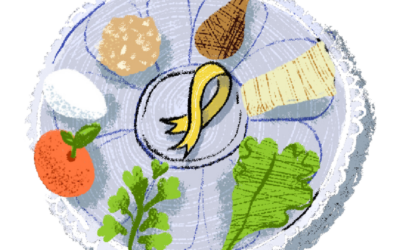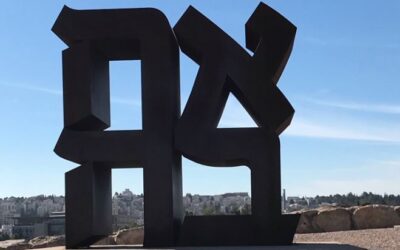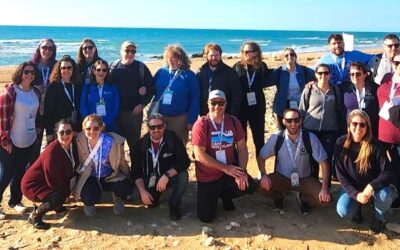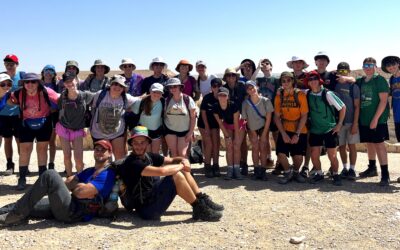By Rabbi Reuven Greenvald, Director of Israel Engagement, URJ
Israel engagement for young people, like every aspect of Jewish engagement, requires each new generation to make it their own. Although we sometimes talk about Israel’s complexity as one of the most difficult educational challenges in Jewish education, it really is part of the same package of big questions our youth are asking about Judaism’s relevance to living in a diverse, pluralistic, and globalized world. While their questions may challenge us, the act of questioning should be seen as a natural part of their development as well as the Jewish people’s self-renewal.
In his poem, The Jews, Yehuda Amichai shows the potentially disruptive side of renewal.
The Jews are like photographs displayed in a shop window
all of them together in different heights, living and dead,
grooms and brides and bar-mitzvah youth along with babies.
And there are pictures restored from old yellowing photographs.
And sometimes they come and break the window
and burn the pictures. And they begin
to photograph anew and to develop anew
and display them again aching and smiling.
There are constructive ways to negotiate this disruption. When thinking about the serious and essential questions raised by young people about what’s going on in Israel today, we can use conversation and inquiry framings to sustain tough conversations. Framings provide a thread of continuity that can carry across a congregation’s full expression of Israel engagement and that can accompany learners into their own personal inquiries. In short, talking about Israel, especially its complexity, should not be a one-off.
So where to start? One framing that I often use is what I consider to be the defining paragraph in the Declaration of Establishment of State of Israel that articulates the grand, sustaining vision for the new state:
THE STATE OF ISRAEL will be open for Jewish immigration and for the Ingathering of the Exiles; it will foster the development of the country for the benefit of all its inhabitants; it will be based on freedom, justice and peace as envisaged by the prophets of Israel; it will ensure complete equality of social and political rights to all its inhabitants irrespective of religion, race or sex; it will guarantee freedom of religion, conscience, language, education and culture; it will safeguard the Holy Places of all religions; and it will be faithful to the principles of the Charter of the United Nations.
The big idea presented here is that democratic states lay out just visions to strive for and to be accountable to. This big idea should resonate with our youth because it is likely to resonate with their own worldviews living in the US and Canada. Different topics in Israel today can be structured around these four essential questions:
- Where has Israel made progress towards this vision?
- What challenges does Israel face in achieving this vision?
- What disagreements about the underlying values are forming the debates in Israel today?
- How does the work of the Reform Movement in Israel (the IMPJ) relate to this vision?
This framing has the advantage of allowing liberal Jewish educators to reveal their own ongoing commitment to Israel through the core Jewish values that inform their own Judaism. Here, educators can point to Israeli organizations which are making a difference and that they personally partner with and support. For example, if the Religious Action Center (RAC) is known to teens through their social justice programming, they could learn about the IRAC – the Israel Religious Action Center of the Reform Movement – in order to understand why and how progressive Israelis are invested in Israel. Seeing Israel through the lens of Israeli Reform Jews is not something that they get through the media, and it may help teens identify more with the project we call the State of Israel.
When approaching Israel education, our opportunity is to help our youth and teens make it their own. Using a framing will help structure and contain the conversation, allowing them to probe Israel’s complexities in a constructive and meaningful way. What are other framings you’re using to support your teens in engaging with Israel?
This post originally appeared in April 2017 on reformjudaism.org and can be viewed here.
